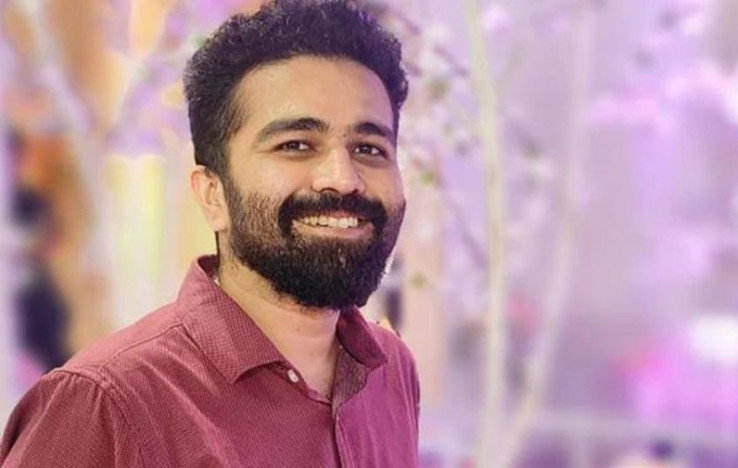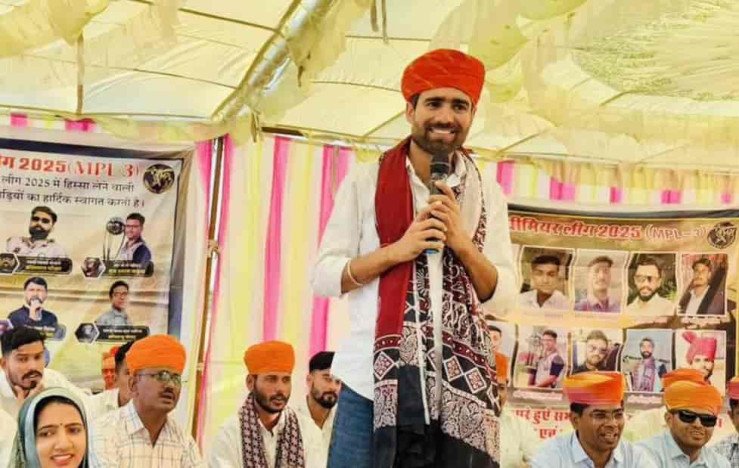Last Updated Dec - 17 - 2022, 06:15 PM | Source : FELA News | Visitors : 66
Rishi Atul Rajpopat, is a PhD student at the faculty of Asian and Middle Eastern Studies in St. John’s College, Cambridge.

An Indian Ph.D. student at the University of Cambridge has finally solved a Sanskrit grammatical problem that has baffled scholars since the 5th century BC. 27-year-old Rishi Atul Rajpopat, reportedly decoded a text written by the Sanskrit language master Panini, a master of the ancient Sanskrit language who lived around two-and-a-half-thousand years ago, according to a report by BBC.
READ | PM Narendra Modi to inaugurate Tripura’s first Dental College
Notably, Mr Rajpopat, is a PhD student at the faculty of Asian and Middle Eastern Studies in St. John’s College, Cambridge.
According to Independent, Panini taught a “metarule” which is traditionally interpreted by scholars as meaning: “in the event of a conflict between two rules of equal strength, the rule that comes later in the grammar’s serial order wins”. However, this often led to grammatically incorrect results.
This traditional interpretation of the metarule was rejected by Rajpopat with the argument that Panini meant that between rules applicable to the left and right sides of a word respectively, Panini wanted us to choose the rule applicable to the right side. He concluded that Panini’s “language machine” produced grammatically correct words with almost no exceptions.
READ | CUET UG exams to be held on this date; admission process to conclude by?
“I had a eureka moment in Cambridge. After nine months of trying to crack this problem, I was almost ready to quit, I was getting nowhere. So I closed the books for a month and just enjoyed the summer, swimming, cycling, cooking, praying, and meditating. Then, begrudgingly I went back to work, and, within minutes, as I turned the pages, these patterns started emerging, and it all started to make sense,” he told the Independent. It took him another two years to solve the problem.
Elated at the news, Prof Vergiani said, “My student Rishi has cracked it – he has found an extraordinarily elegant solution to a problem which has perplexed scholars for centuries. This discovery will revolutionize the study of Sanskrit at a time when interest in the language is on the rise.”Sanskrit is only spoken in India by an estimated 25,000 people out of a population of more than one billion, Cambridge University said.
READ | Conduct inquiry into madrassas admitting non-Muslim students: NCPCR asks states

Feb - 22
Rahul Gandhi has appointed Vinod Jakhar as the new national president of the National Students’ Union of India (NSUI), the student wing of th... Read More

Feb - 21
Delhi has the highest number of such fake institutions, with 12 out of the 32 cases identified in the national capital. This means several entities... Read More

Feb - 21
The Uttar Pradesh government led by Chief Minister Yogi Adityanath has announced significant development projects for Shahjahanpur. The district wi... Read More